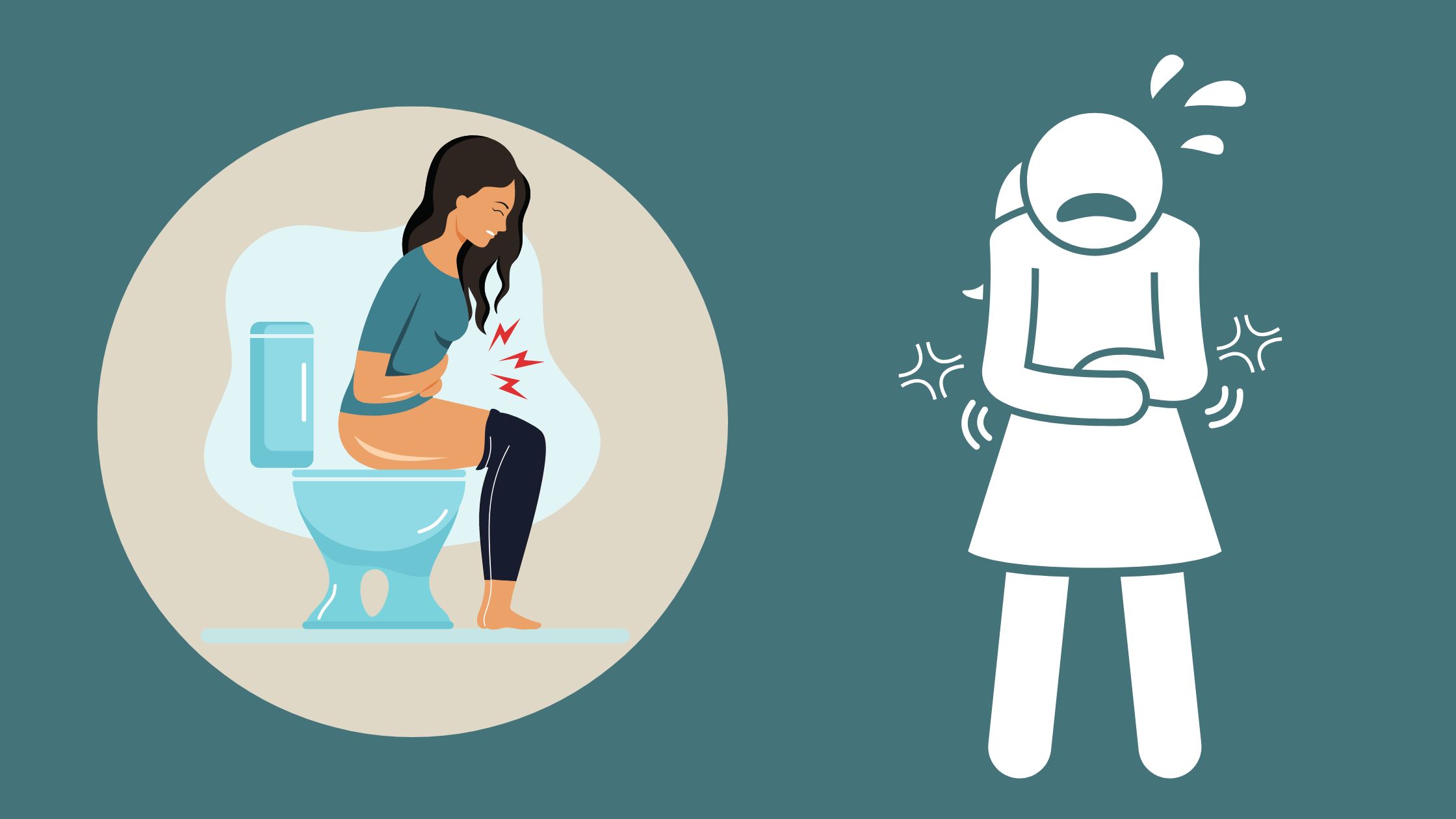Early Signs of HIV
You’ve heard about HIV, haven’t you? You may have seen posters or online campaigns about it, maybe even talked about it with friends. Yet, do you know how to recognize its early signs? HIV often doesn’t show symptoms initially, so many people may be unaware they’ve contracted it. If you do experience symptoms, they are crucial to identify and get tested right away. Here’s what to look out for.
What is HIV?
HIV, short for Human Immunodeficiency Virus, medically known as an acute retroviral syndrome, is basically a virus that targets the immune system, especially T cells, which are vital for fighting off infections. When HIV destroys more of these cells than your body can replace, it weakens your immune system, making you more susceptible to infections and diseases.
The virus is primarily transmitted through sexual contact, sharing of injection drug equipment, or from mother to child during birth or breastfeeding. Once in the body, HIV replicates and gradually breaks down the immune system.
One of the tricky aspects of HIV is its latency period. After initial infection, the virus can lie dormant without causing noticeable symptoms for years, even a decade or more. During this time, however, it continues to multiply and destroy immune cells.
Without treatment, HIV can progress to a severe stage called AIDS (Acquired Immune Deficiency Syndrome), where the immune system is so compromised that the body cannot effectively fight off infections and diseases.
Symptoms of HIV
Most people who contract HIV may not notice any symptoms initially. If symptoms do appear, they usually show up within 2 to 4 weeks after infection. These include:
- Fever
- Chills
- Headache
- Extreme tiredness or fatigue
- Rash
- Night sweats
- Joint pain
- Muscle aches
- Sore throat
- Genitals ulcers
- Swollen lymph nodes
- Mouth ulcers
- Loss of appetite
These symptoms can last from a few days to several weeks. However, not everyone will experience these symptoms, but that doesn’t mean they are free from the virus. If you’ve had unprotected sex, shared needles, or have any reason to believe you may have been exposed to HIV, it’s important to get tested.
Symptoms of AIDS
AIDS is the final stage of HIV infection. Not everyone with HIV will progress to this stage, especially with the right treatment. Symptoms of AIDS can include:
- Breathing difficulties and persistent coughing
- High fevers
- Extreme and unexplained tiredness
- Severe weight loss
- Prolonged swelling of the lymph glands in your neck, armpits, or groin
- Sores in the mouth, anus, or genitals
- Chills or profuse night sweats
- Persistent white spots on your tongue or in your mouth
- Pneumonia
- Recurring or prolonged diarrhea
- Memory loss, depression, and other neurological disorders
- Skin rashes or bumps
AIDS can lead to various life-threatening complications, including significant weight loss, severe illnesses, difficulty walking, and even cancers. Without treatment, people diagnosed with AIDS typically survive about three years. This can be shorter if the person contracts a severe opportunistic illness.
Do You Need to Get Tested for HIV?
As mentioned earlier, HIV doesn’t always show symptoms. It can be deceptive because you or your partner might not exhibit any signs of infection. Or perhaps the early signs of HIV are so subtle you overlook them. Sometimes, people mistake HIV symptoms for other illnesses. Many individuals don’t even realize they have HIV — which contributes to its global prevalence (and why it’s so crucial to get tested).
Not treating HIV can lead to serious health problems, including a more advanced stage called AIDS. But it’s typically manageable with antiretroviral therapy if detected early. This is why regular STD testing is essential, irrespective of how healthy you feel.
Men, Women, and HIV
The initial signs of HIV are generally similar in men and women. But as the infection progresses, it may affect men and women differently.
Women with HIV can experience additional symptoms like changes in their menstrual cycle, recurrent vaginal yeast infections, and an increased risk of cervical cancer.
Men may experience weight loss, chronic diarrhea, and night sweats and develop certain kinds of cancer.
HIV and Oral Health
Did you know HIV can affect your oral health too? Oral symptoms often are among the early signs of HIV. These can include:
- White, yellow, red, or purple spots on the tongue or mouth, known as oral thrush
- Mouth ulcers
- Dry mouth, which can lead to tooth decay
- Severe gum infection (gingivitis)
HIV and Mental Health
Not just physical, HIV can have psychological symptoms too. Anxiety, depression, and cognitive problems like memory loss, confusion, or difficulty concentrating can be linked to HIV.
HIV Testing: The Only Way to Be Sure
If you or your sexual partner(s) have experienced any of these symptoms, please see a healthcare professional or visit your local health center. It’s paramount to get checked if you’re pregnant. The only way to confirm if you have HIV is to get tested.
Remember, having any of these symptoms doesn’t necessarily mean you have HIV. They can be related to other health conditions too. Therefore, don’t panic, but do get tested if you suspect exposure. Early detection is crucial in managing HIV effectively.
HIV is a serious health issue, but with early detection and proper care, people living with HIV can lead healthy and productive lives. Awareness of the early signs of HIV is an essential first step. So, please, take care of yourself, and encourage others to do the same. Knowledge is power, and in this case, it might just save a life.






